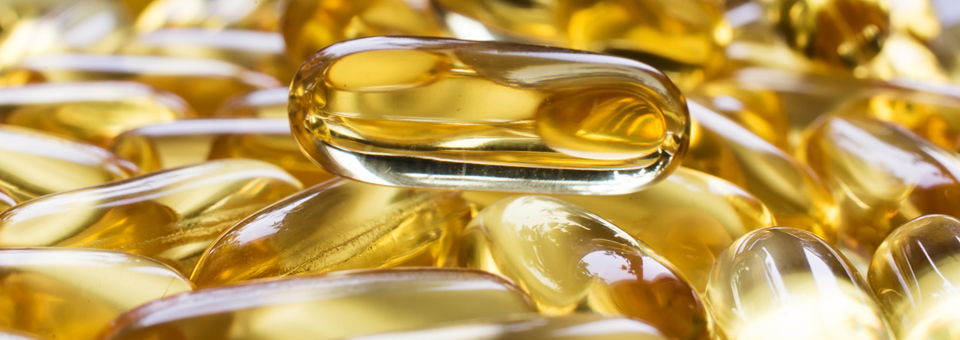If you’re like me and you can use some feel-good inspiration from Mother Nature, I’ve got just the story for you.
It begins on a September afternoon in a southern California town. Sixteen-year-old Grant Virgin ran out his front door following a heated argument with his mother.
As he was running across the busy road in front of his house, a speeding car slammed into the teen and ran him over. Neighbors across the street watched in horror as the accident unfolded.
The driver of the speeding car slammed on her brakes and screeched to a halt. She got out and briefly surveyed the scene and checked out the damage to her vehicle. Then the still-unidentified woman jumped back into her car and sped away.
Grant lay dying on the side of the road… with fractures in his skull, clavicle and spine. His spleen and liver were lacerated and his aorta was crushed.
The neighbors quickly called 911. A few minutes later EMS arrived…
Grant was initially pronounced dead at the scene. But paramedics were able to revive him long enough to have him airlifted to the hospital.
Doctors told the devasted family that their son would never wake up. Let alone walk, talk or even know his own name.
His brain injury was just too severe…
They told the parents to say goodbye to their son and “let him go.”
But like you and me and every parent out there, Grant’s mother and father refused to accept that their son’s life was over.
From that moment forward, they stopped listening to conventional medical wisdom.
And vowed to do everything they could to help him recover.
That “everything” included supplementing with high doses of the
omega-3 fatty acid DHA.After two days of “DHA smoothies,” Grant started talking. Soon he was conversing in complete sentences.
Today, Grant has not only survived his traumatic brain damage, he is thriving, says his mom. He’s back to lifting weights and running sprints – just like before the accident.
Stories like this continue to be ignored by the mainstream medical establishment. But as a regular reader of my letters, you probably aren’t surprised.
Because you know that supplementing with omega-3 fatty acids provides the foundation for your brain to repair itself.
The effects are dramatic in cases like Grant’s… where there was substantial trauma. But DHA also helps improve brain health due to aging.
You see, our brains shrink by almost 1% each year. And we lose 500 million brain cells each year. Most of the loss is in the hippocampus, the region of the brain where we process memory, learning and recognition. This is why we get “senior moments,” brain fog, age-related memory loss and problems with facial recognition.
The good news is, it’s not just avoidable…. It’s reversible – like in Grant’s case.
And studies prove it. Researchers found DHA can reverse 28 years of brain aging.1 When they gave it to a group of 260 older adults, MRI scans showed their brains’ hippocampus was 14% larger than the placebo group.
Another study found that fatty acids can also restore brain cell growth and memory in mice with Alzheimer’s.2 But the most dramatic finding came from a UCLA study. In that breakthrough study, researchers reversed Alzheimer’s in 90% of patients using DHA and vitamin D.3
I’ve seen the same – and better – results in my own patients. Even those with dementia and early Alzheimer’s.
Here’s how DHA works. As soon as it detects damage, it converts to a compound called neuroprotectin D1 (NPD1). This is one of the first lines of defense your body activates when brain cells are threatened.4
NPD1 lowers inflammation in the hippocampus. This area of the brain is called the “seat of memory.”5 In other words, it stops the damage that is destroying your memory function. Not surprisingly, low levels of NPD1 have been found in patients with early-stage Alzheimer’s disease. But you can turn that around by getting more DHA.
Reverse and repair your aging brain
- To get the highest intake of DHA, supplement with squid, or calamari, oil. But make sure your oil comes from squid that live in the pure, clean waters off the coast of South America.
- Then combine it with krill oil. The fatty acids of this tiny shrimp-like animal are stored in phospholipid form. This helps it easily pass through cell membranes in the brain.
- Add in some astaxanthin. Astaxanthin also helps the oils permeate your tissues where it’s needed, including crossing the blood brain-barrier where the DHA can benefit you.
Always take omega-3 fatty acids with a meal. This allows the fats to be properly digested.
To Your Good Health,

Al Sears, MD, CNS
1. Pottala J, et al. “Higher RBC EPA + DHA corresponds with larger total brain and hippocampal volumes: WHIMS-MRI study.” Neurology. 2014 Feb 4;82(5):435-42.. 2019;20(4):3701–3708.
2. Fiol-deRoque MA, et al. “Cognitive recovery and restoration of cell proliferation in the dentate gyrus in the 5XFAD transgenic mice model of Alzheimer’s disease following 2-hydroxy-DHA treatment.” Biogerontology. 2013;14(6):763–775.
3. Cole GM and Frautschy SA. “DHA may prevent age-related dementia.” J Nutr. 2010;140(4):869–874.
4. Bazan NG, et al. “Docosahexaenoic acid and its derivative neuroprotectin D1 display neuroprotective properties in the retina, brain and central nervous system.” Nestle Nutr Inst Workshop Ser. 2013;77:121-131.
5. Orr SK, et al. “Unesterified docosahexaenoic acid is protective in neuroinflammation.” J Neurochem. 2013;127(3):378-393.

